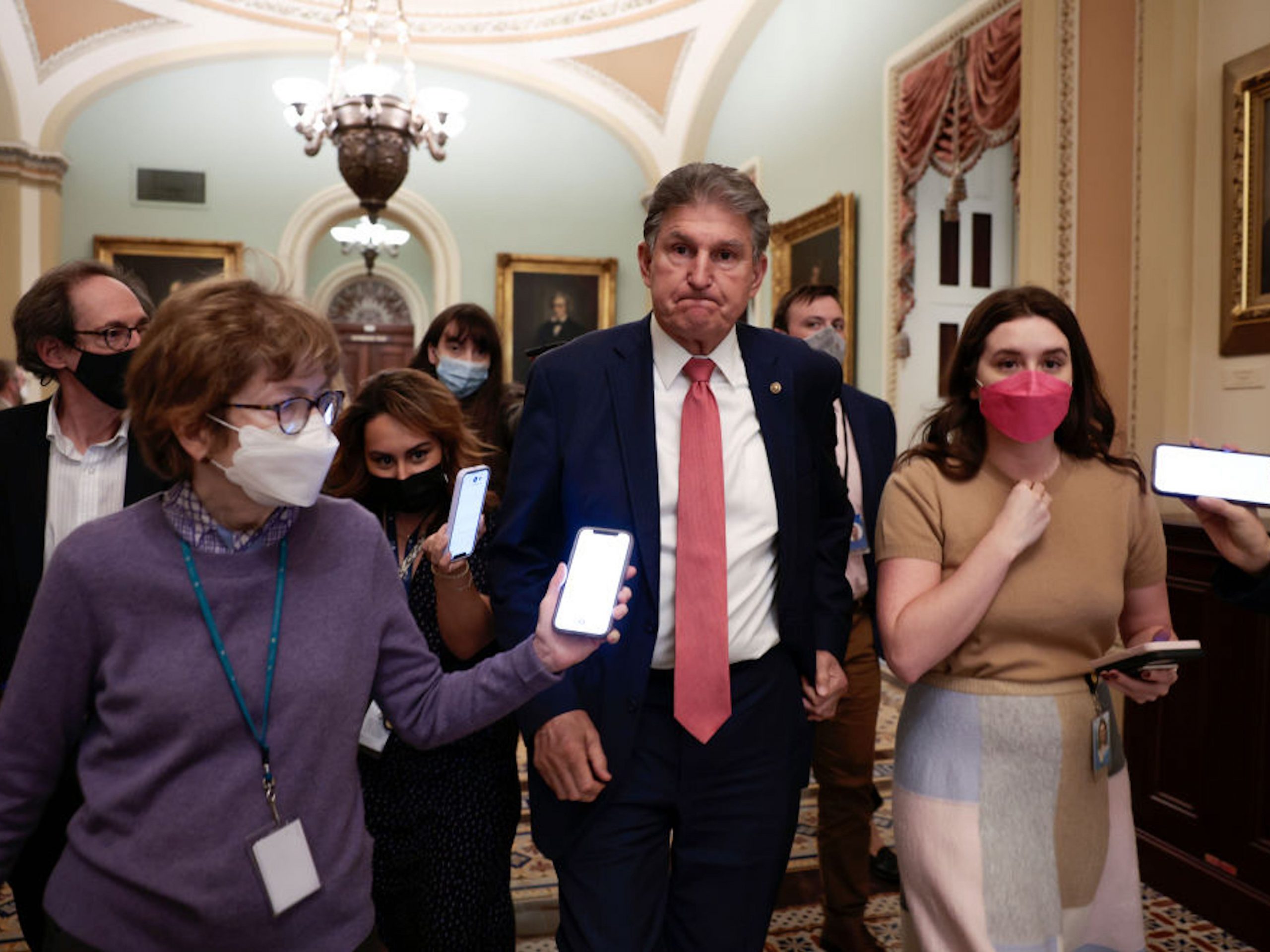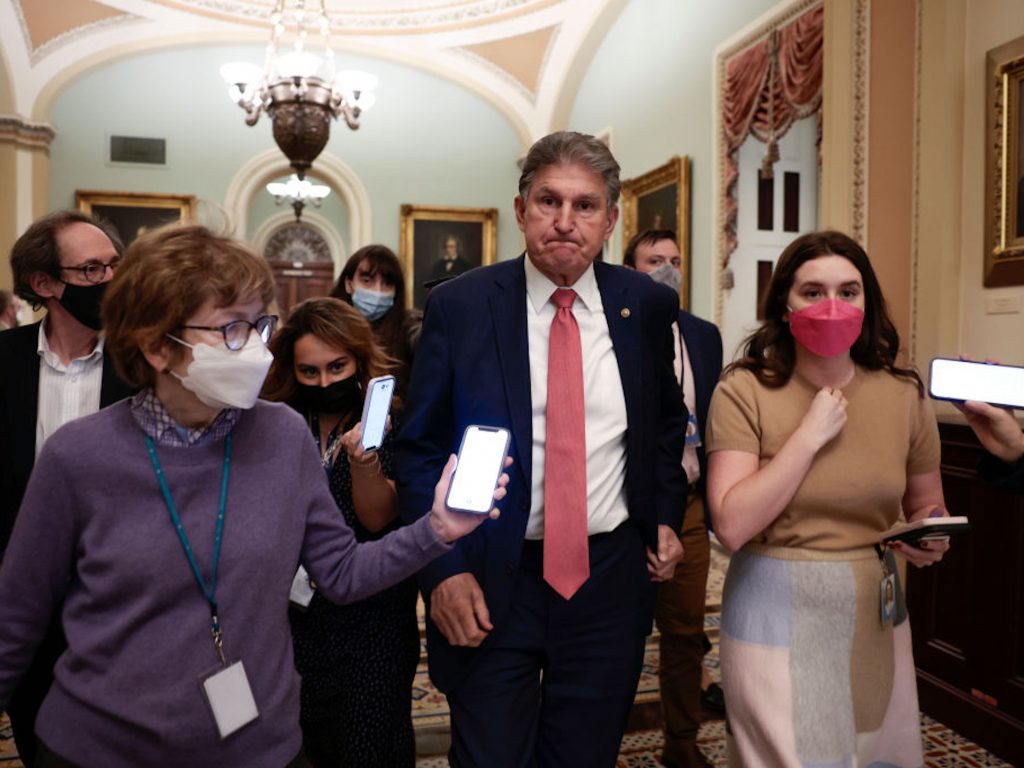
- 2021 was a big year for corporate sustainability and US government initiatives.
- A report from the IPCC highlighted the urgent need for action and reductions in carbon emissions.
- Sen. Joe Manchin's decision to not support Build Back Better will hurt Biden's climate goals.
Sustainability became a major corporate topic in 2021. Extreme weather and natural disasters were a devastating issue: Texas experienced freezing temperatures and winter storms; Hurricane Ida battered Louisiana, New York, and New Jersey; and flooding and wildfires affected Europe, China, and Russia this summer.
Companies set more ambitious targets, partnered on initiatives like The Climate Pledge, and prioritized investments with detailed environmental impacts. But the year ended with several more destructive storms in the US — a stark reminder about the economic impact of the climate crisis and how governments' action plans can be derailed.
2021 was eventful all the way to the end. Over the weekend, Democratic Sen. Joe Manchin of West Virginia announced he would not support President Joe Biden's Build Back Better plan. The bill would provide $555 billion for renewable-energy and clean-transportation incentives over the next 10 years, an amount that NPR described as "the country's largest climate change investment ever." The funds are a crucial part of Biden's goal to cut greenhouse-gas emissions in half by 2030 (compared with 2005 levels).
For many experts, Manchin's announcement was a bleak way to end the year.
"It's really disheartening," Leah Stokes, an associate professor of political science at the University of California at Santa Barbara, told NPR. "We don't have any more decades left to waste, and failure is not an option."
Here's a look at some of the other important sustainability issues that happened this year.
The US government channels its buying power
Biden signed a $1 trillion infrastructure bill into law on November 15. It included billions of dollars for public transit, rail networks, and zero- and low-emission buses, as well as $7.5 billion for a national network of electric-vehicle chargers.
On December 8, Biden signed an executive order to focus the federal government's annual purchases on clean energy, electric vehicles, and energy-efficient construction materials.
A growing number of corporate initiatives
An analysis by New York University's Stern School of Business of more than 1,140 peer-reviewed research papers found that environmental, social, and governance activities contributed to higher financial performance. The World Economic Forum has emphasized that sustainability initiatives have to go beyond promises to involve systemic implementation across a company's operations.
One example of this kind of wider corporate change is at Mars, the multinational parent company behind the brands Pedigree, Ben's Original, and Snickers. Multiyear sustainability initiatives went beyond energy efficiency at its own offices and manufacturing facilities; Mars integrated its long-term initiatives and targets with its work with its 1 million farmers and its various suppliers. Barry Parkin, Mars' chief procurement and sustainability officer, told Insider the new targets would also be linked to executive compensation at the same level as financial performance.
A landmark report
In August, the Intergovernmental Panel on Climate Change issued its latest report, part of which said that if global warming were kept at or under 1.5 degrees Celsius, about 420 million fewer people would be exposed to extreme heatwaves. Leaders behind the report noted the urgent need for "strong, rapid, and sustained reductions in greenhouse gas emissions" to stabilize the climate, including a target of net zero carbon-dioxide emissions by 2050.
United Nations Secretary-General António Guterres described the expert warnings about the climate crisis as a "code red for humanity."
The report was announced shortly before the United Nations Conference on Climate Change, also known as COP26, in Glasgow, Scotland. There, a final agreement among nations changed the wording of a plan to "phase out" coal use for electricity generation to "phase down." India had pushed for the change. And representatives of the fossil-fuel industry at the conference reportedly outnumbered the delegation of any single country.
If anything, Manchin's announcement further highlights how actively responding to the climate crisis is a long-term project. The problem is when people like him in power still don't understand the global consequences of acting later rather than sooner.
